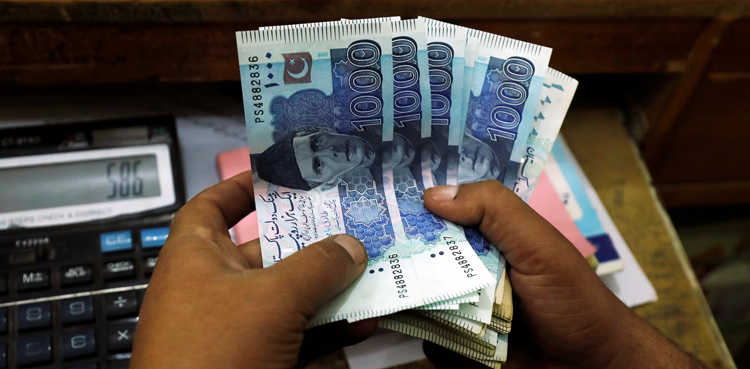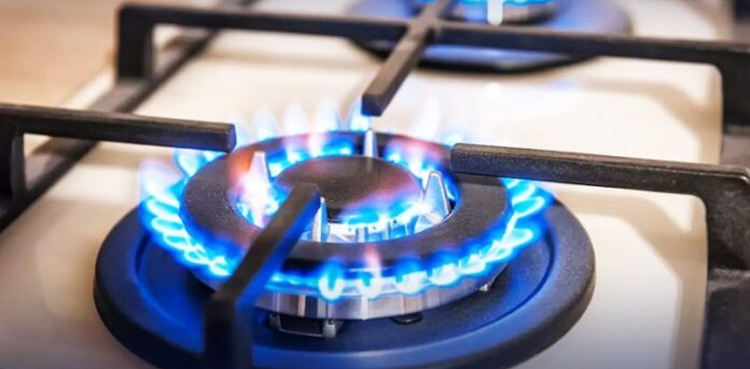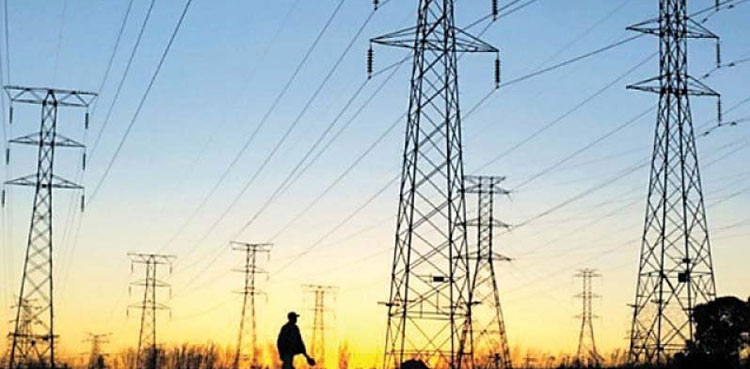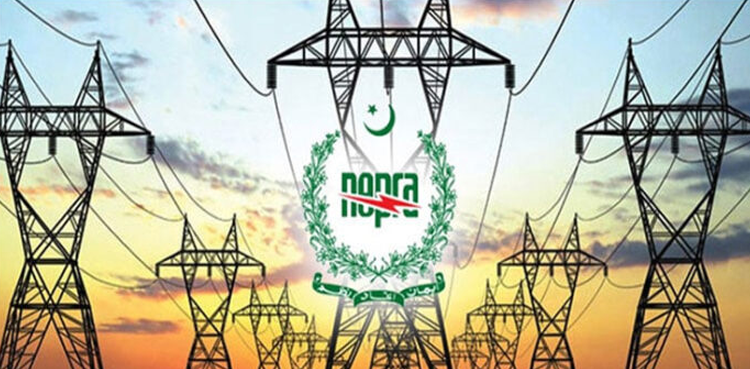ISLAMABAD: The Pakistan Telecommunication Authority (PTA) has revealed that the recent internet slowdown in Pakistan is primarily caused by excessive Virtual Private Network (VPN) usage, ARY News reported quoting PTA.
According to PTA, the increased use of VPNs has put additional pressure on the country’s bandwidth, resulting in slower internet speeds.
The telecommunication authority has sent the report to Ministry of IT, highlighting the need to enhance bandwidth to meet the growing internet demand.
Yesterday, the Pakistan Telecommunication Authority issued an update on the recent internet slowdown in the country, saying that a fault was reported in the submarine cable near Qatar.
“This is to inform the general public that a fault has been reported in the submarine cable AAE-1 near Qatar (one of the seven international undersea cables connecting Pakistan for international internet traffic),” the PTA said in a statement.
The authority added that the concerned teams are working to fix the fault.
“This (fault) may impact internet and broadband user experience across Pakistan. PTA is monitoring the situation and will keep updating telecom users accordingly.”
Also read: I did not allow VPNs to be banned: PTA chairman
It is to be noted here that internet services across the country have slowed down significantly, effecting millions of users.
According to reports, popular platforms such as WhatsApp, Facebook, Instagram, and TikTok have either been suspended or are operating at reduced speeds, leaving users frustrated with limited access.








